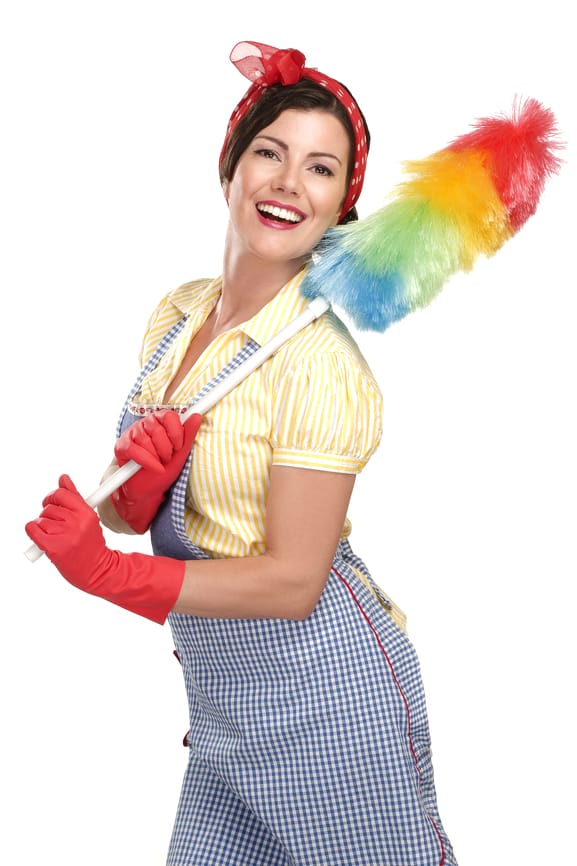
One of the advantages of our terminal tractors is that no special licensing is required to operate them. Other elements of the trucking industry are subject to extensive regulations, and nowhere is that more evident than with implementation of the electronic logging device (ELD) mandate.
While the news has been full of stories about transportation companies and drivers dealing with the transition, an unexpected but serious consequence has arisen: customers are being affected by significant delays in delivery times.
Coping with Extended Delivery Times
One such business is Dakota Gasification Co., which depends on deliveries of supplies to its Great Plains Synfuel Plant near Beulah, ND. According to senior logistics administrator Nathan Johnson, single-day deliveries are now taking as much as three to four days.
Another company experiencing extended delivery times is McQuade, a distributor of specialty, import and craft beers located in Bismarck. President Shannon McQuade-Ely explains that many of their shipments come from Colorado, but loaded trucks often sit idle because no drivers are available.
What’s Behind the Delays?
The ELD mandate didn’t change service time requirements, but it did have a significant effect on how time is tracked. For example, the clock used to stop during loading and unloading of trucks, but now ELDs continue to run so that no longer counts as down time.
Not surprisingly, freight rates are rising as demand outstrips supply. McQuade-Ely points to a couple of other factors contributing to a driver shortage:
– Department of Transportation physical requirements
– Spread of legalized marijuana, which prevents applicants from passing drug tests
Efficient, Cost-Effective Terminal Tractors from DJ Products
Our Electric Yard Dog moves trailers weighing up to 100,000 pounds for one-quarter the cost of a new shunt truck. Visit our website for more information.

